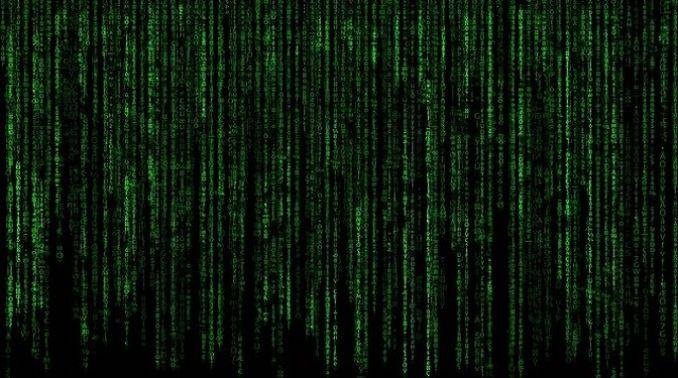This post was published on September 01, 2014.
In continuation to the previous post in this series, we will today be looking into copyright protection of computer software. As discussed in the previous post, Copyright Law came as an answer to the protection of computer programs at a time when the importance of Trade Secret Law for the same was dwindling.
A computer program, being composed of source codes can be brought under the ambit of literary works in Copyright Law. The basic principle governing Copyright Law is the idea / expression dichotomy. As per this principle, Copyright Law only protects the expression of ideas and not the ideas per se. While talking about the principle of the idea / expression dichotomy, it should be admitted that there has always been a lack of clarity regarding what constitutes an idea and what constitutes an expression. This inherent lack of clarity in Copyright Law combined with the complexity of a computer program prevents Copyright Law from being an effective system of protection.
Traditional concepts such as the idea / expression dichotomy which form the basis of Copyright Law are not adequate to protect computer programs. This is because, the protection of computer programs under the Copyright Law is limited to the source code and object code of the programs since they are the literal elements in a program, to which Copyright Law extends its protection. However, computer programs with the same functionality can be created with different sets of codes. The consequence is the need for protection of the functional elements of a computer program, which would mean the extension of scope of protection under Copyright Law to ideas. The complexity of computer programs along with the ambiguity associated with the line of separation between idea and expression, the solution for which has always remained elusive, hinders the Copyright Law from providing comprehensive protection to computer programs.
Though there have been various attempts to clearly demarcate between idea and expression in computer programs, especially the Abstraction Filtration and Comparison Test laid down in Computer Associates International vs. Altai, 982 F.2d 693 (2d Cir. 1992), Copyright Law still falls short of providing comprehensive protection to computer programs.
In the next and final post in this series, we shall be looking into the concept of software patents and examining the extent to which Patent Law is effective in protecting computer programs.



